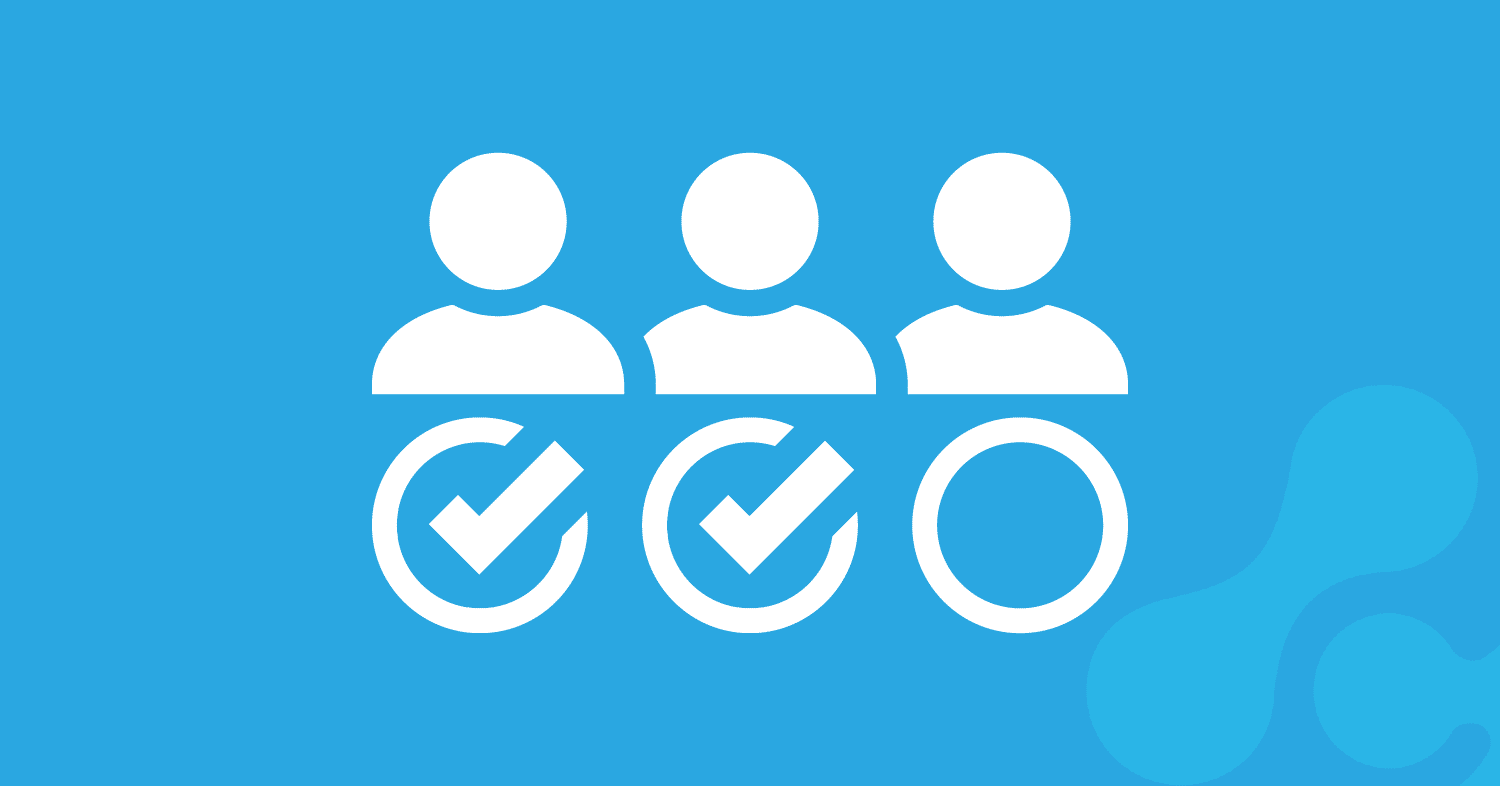Before a jury trial can get underway there needs to be a process of voir dire. But what is voir dire? Well, voir dire is a legal term that refers to the process of questioning potential jurors in order to determine their suitability for a given case. It is an integral part of the trial process, as it helps to ensure that a fair and impartial jury is selected to make a decision in the case.
Voir dire is conducted at the beginning of a trial and typically consists of questions asked by the attorneys and judge to potential jurors. These questions typically focus on the jurors’ backgrounds, biases, and knowledge about the case.
Through voir dire, attorneys can identify any potential conflicts of interest or biases that could influence the outcome of the trial. Furthermore, voir dire also helps to ensure that the jury is impartial and unbiased, ensuring a fair trial for all parties involved.
- Voir dire refers to the legal process of questioning potential jurors.
- Voir dire is conducted at the beginning of a trial.
- Voir dire enables lawyers to identify bias and conflicts of interest.
What is voir dire?
Voir dire is the process whereby judges and lawyers question potential jurors in order to determine their suitability for a particular case and to challenge any juror who they believe is unfit to serve. It is also referred to as voir dire examination or jury selection.
- Voir dire is an important part of the jury selection process.
- The process involves attorneys asking questions of potential jurors to determine if they are suitable candidates for jury service.
What is the voir dire process?
During the voir dire process, the attorneys for both sides question potential jurors to determine if they are fit for jury service and if they have any biases or conflicts of interest that would preclude them from serving on the jury.
Typically, the judge starts by asking potential jurors a few general questions, such as their occupation, whether they have any knowledge of the case, and whether they have any biases that would prevent them from being fair and impartial. The attorneys are then given an opportunity to ask additional questions that they feel are important to the case at hand.
During the voir dire process, potential jurors are generally not allowed to discuss the case with one another, the attorneys, or the judge. This is to prevent any improper communication or influence that could cause a juror to be biased.
- Voir dire is the process of questioning prospective jurors.
- The process involves the judge and attorneys posing questions.
- In most cases, jurors are not allowed to discuss the case with each other.
What is the purpose of the voir dire?
The primary purpose of voir dire is to ensure that the jury is fair and impartial and that a fair trial can be conducted. When conducting voir dire, attorneys will often use a combination of open-ended and closed-ended questions.
Open-ended questions are designed to encourage jurors to share their thoughts and opinions about the case, whereas closed-ended questions typically involve a “yes or no” response. These questions are designed to get jurors to reveal any biases or information about themselves that could affect their ability to make an unbiased decision in the case.
Although voir dire is primarily aimed at getting jurors to disclose information that could bias them against one party or the other, it can also be used to get jurors to disclose information that would support one party and bias them in their favor. During voir dire, attorneys can ask jurors to make statements and promise certain things, such as promising to follow the judge’s instructions, and so on.
- The main purpose of voir dire is to ensure that the jury is fair and unbiased.
- During voir dire, attorneys can ask both open and closed-ended questions.
- Attorneys can also ask potential jurors to make statements or promises.
Summary: What is voir dire?
During voir dire, attorneys have the opportunity to ask jurors about their biases, aims, and opinions in hopes of identifying potential jurors who would be unable to make a fair and impartial decision in the case. Voir dire also helps to ensure that the jury is impartial and unbiased, ensuring a fair trial for all parties involved.
Through voir dire, attorneys can also get jurors to promise to follow the judge’s instructions, judge the case based on facts, limit the amount of outside information they use during deliberations, and approach the case without emotion, bias, or prejudice.
- Voir dire is the process of questioning potential jurors in a trial case.
- The aim of voir dire is to remove potentially partial or biased jurors.
.

